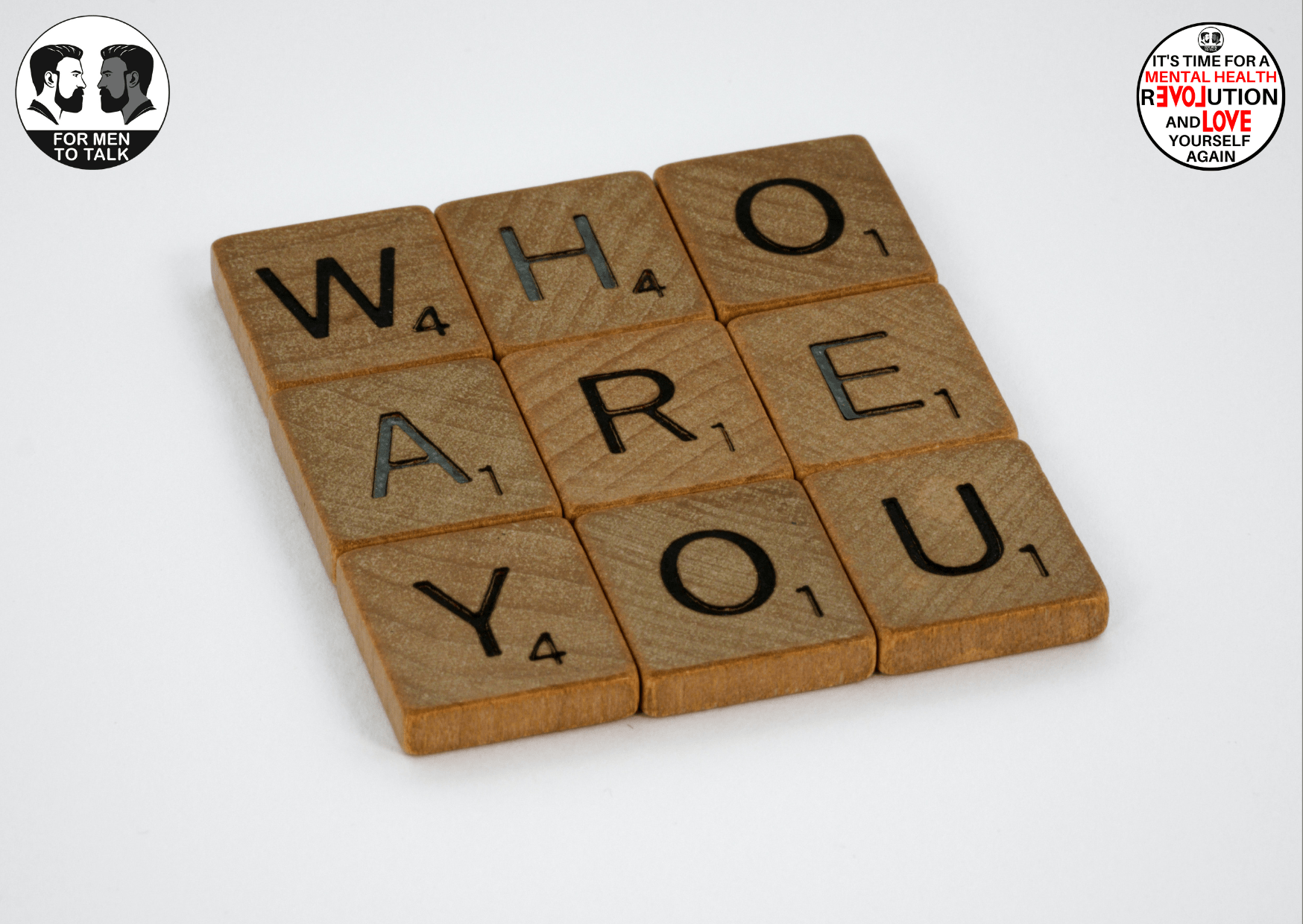The Quiet Crisis: Men struggling to find identity and its mental health impact

In a world where expectations often dictate behaviour, men face a unique struggle: the quest to find their identity. This journey is often fraught with challenges, societal pressures, and conflicting messages, leading many to grapple with their sense of self-worth and purpose. The repercussions of this struggle extend beyond mere existential pondering; they profoundly impact mental health and well-being.
Historically, societal norms have prescribed rigid roles for men, emphasising traits such as stoicism, dominance, and provider status. However, as times evolve, these traditional expectations clash with the changing landscape of gender roles. Men are now expected to be sensitive and empathetic, yet still assertive and successful. Caught between these conflicting ideals, many find themselves adrift, unsure of who they are supposed to be.
This crisis of identity manifests itself in various ways. Some men bury their emotions, believing that vulnerability is synonymous with weakness. They bottle up their feelings, fearing judgment or rejection if they were to express them. Consequently, they suffer silently, their mental anguish festering beneath a façade of strength.
Others may resort to destructive behaviours as a means of coping with their inner turmoil. Substance abuse, reckless behaviour, or workaholism can all serve as temporary distractions from the deeper issues at hand. However, these coping mechanisms only serve to exacerbate the underlying problem, leading to a vicious cycle of self-destructive behaviour and emotional suppression.
Moreover, the pressure to conform to societal expectations can erode self-esteem and self-worth. Men who fall short of these ideals may experience feelings of inadequacy or failure, further fuelling their sense of identity crisis. Whether it’s struggling to advance in their careers, maintain relationships, or live up to unrealistic standards of masculinity, the constant fear of falling short can take a severe toll on mental health.
Additionally, the lack of safe spaces for men to express their struggles exacerbates the problem. Unlike women, who often have strong support networks and avenues for emotional expression, men may feel isolated and alone in their struggles. The stigma surrounding male vulnerability discourages open communication, leaving many men to suffer in silence.
However, the tide is slowly turning, with increasing recognition of the importance of mental health awareness. Movements, such as ‘For Men To Talk’, advocating for male vulnerability and emotional expression are gaining traction, encouraging men to break free from the shackles of traditional masculinity and embrace their authentic selves.
Therapy and support groups provide invaluable resources for men seeking to navigate their identity crisis. By providing a non-judgmental space for self-reflection and emotional expression, these outlets empower men to confront their inner demons and chart a path towards healing and self-discovery.
Furthermore, fostering a culture of acceptance and inclusivity is crucial in dismantling the harmful stereotypes and expectations that contribute to the identity crisis facing men. By challenging outdated notions of masculinity and promoting empathy and understanding, we can create a society where men feel empowered to embrace their true selves without fear of judgment or ridicule.
In conclusion, the struggle to find identity is a pervasive issue facing men in today’s society, with far-reaching implications for mental health and well-being. By acknowledging and addressing this crisis, we can work towards creating a world where men are free to define themselves on their own terms, fostering healthier and happier individuals and communities.